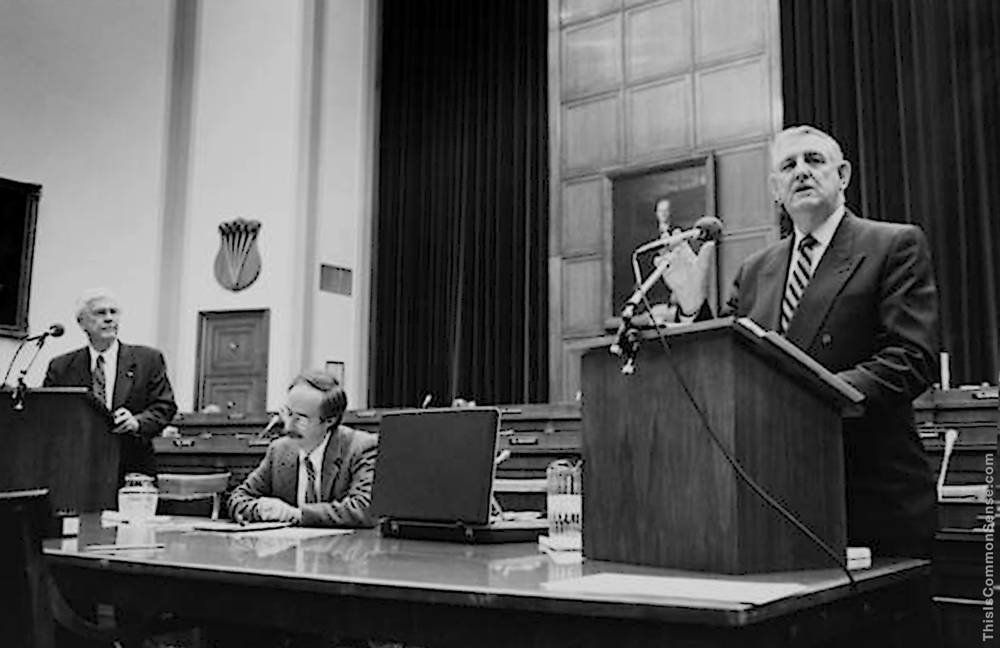On the difference between citizen control and a cheap imitation…
Rob Port likes something I do not: North Dakota’s Senate Concurrent Resolution 4001.
I have previously applauded Port in this space, for his excellent political commentary on Say Anything Blog, columns for the Forum News Service, and on his WDAY AM-970 radio show in Fargo.
Today? Boos.
The constitutional amendment, pre-filed for next year’s session by Sen. David Hogue (R‑Minot), would require any future constitutional amendment petitioned onto the ballot by citizens and then passed by voters in a statewide General Election to … pass the Legislature twice — in two separate sessions — to be enacted.
Hogue’s amendment exterminates the power of the people to bind their representatives constitutionally, arming the Legislature with a veto to overrule the people.
Port worries that the ballot initiative process has “become an avenue by which deep-pocketed, mostly out-of-state interests” are “buying their way onto the ballot and drowning out opposition with expensive marketing.”
He points to Measure 1, an ethics amendment, funded by “Hollywood activists.” In full disclosure, Liberty Initiative Fund contributed $250,000 from “out of state” to help a North Dakota committee place Measure 2 for “citizen only voting” onto last November’s ballot. But these measures were sponsored and voted for by the citizens of North Dakota, who have every constitutional right to work with folks from outside the Peace Garden State. Even me.
This is worse than the “overkill” Port admits. It changes the rules so that the people could no longer check their elected officials, but only beg those officials for any desired reform.
Thus defeating the very purpose of the citizen initiative process.
SCR 4001 is democratic suicide.
This is Common Sense. I’m Paul Jacob.

—
See all recent commentary
(simplified and organized)











